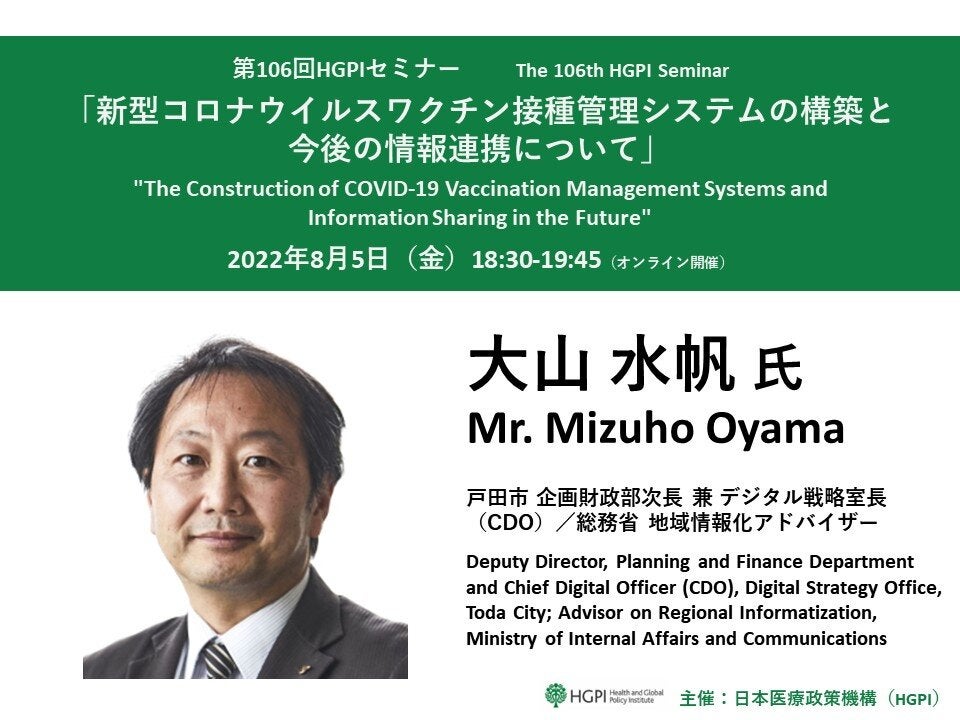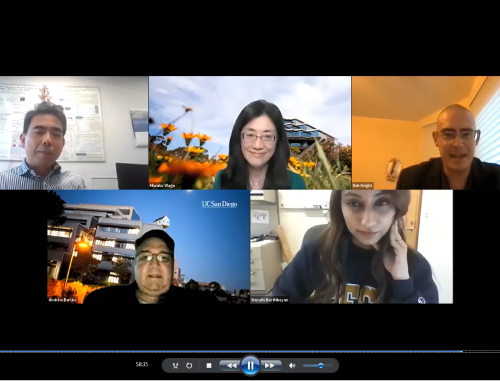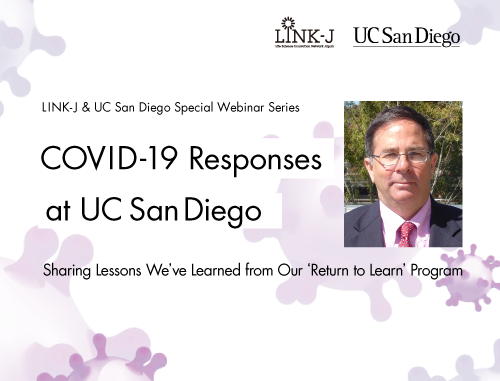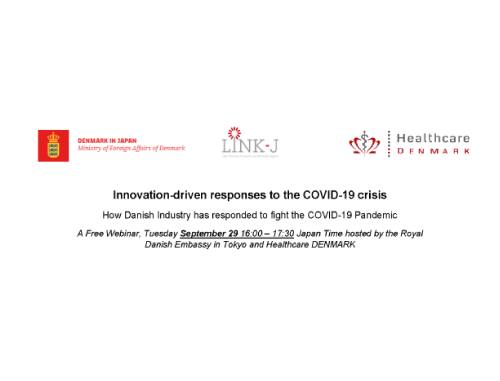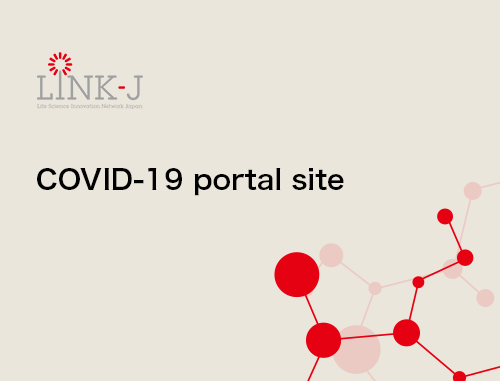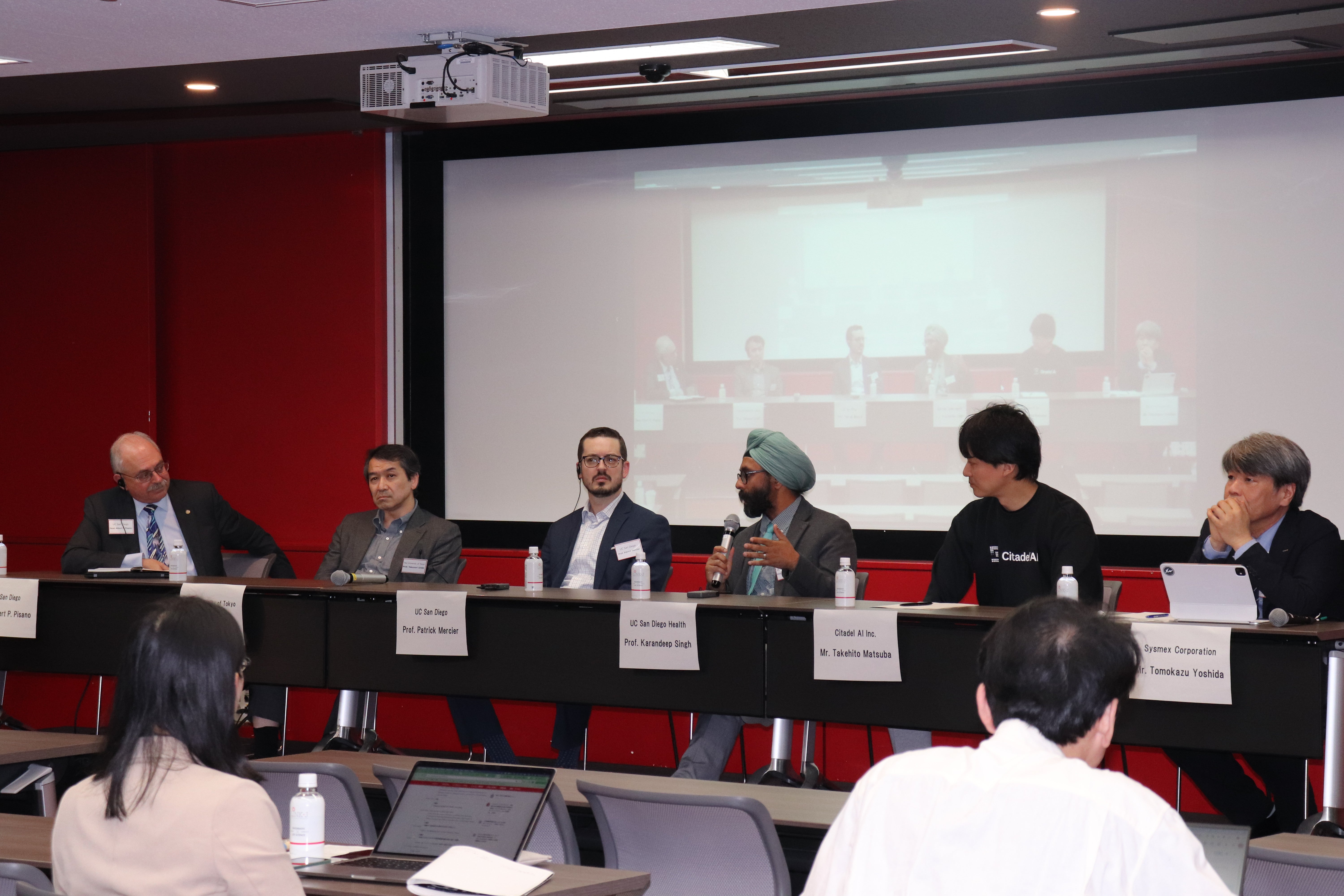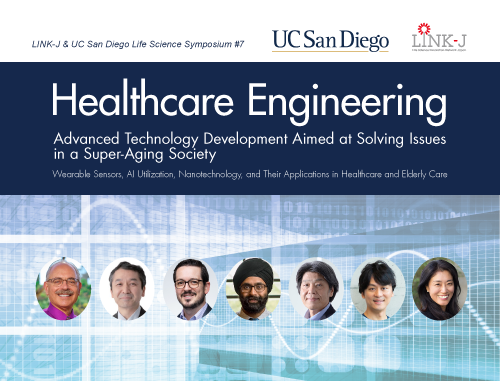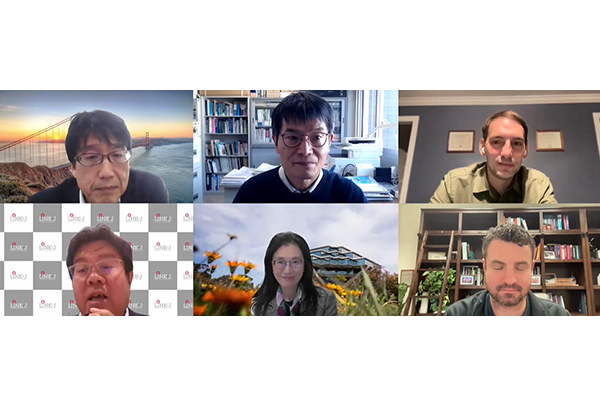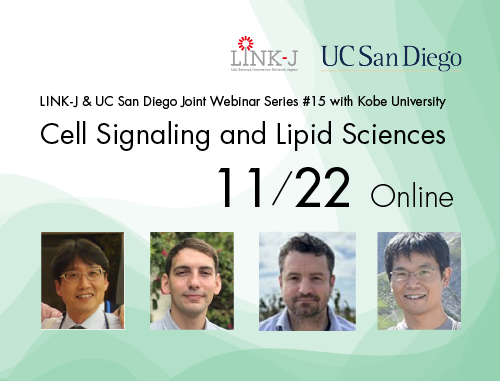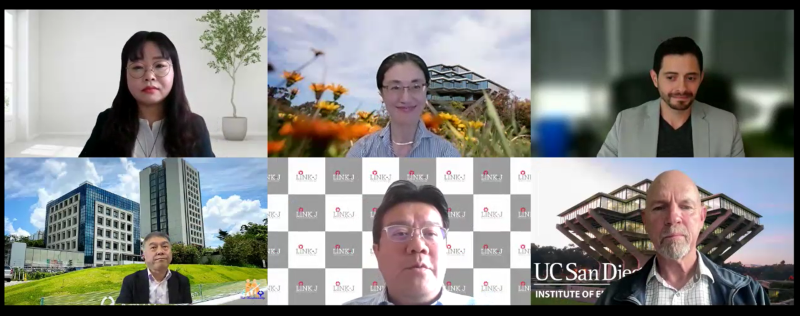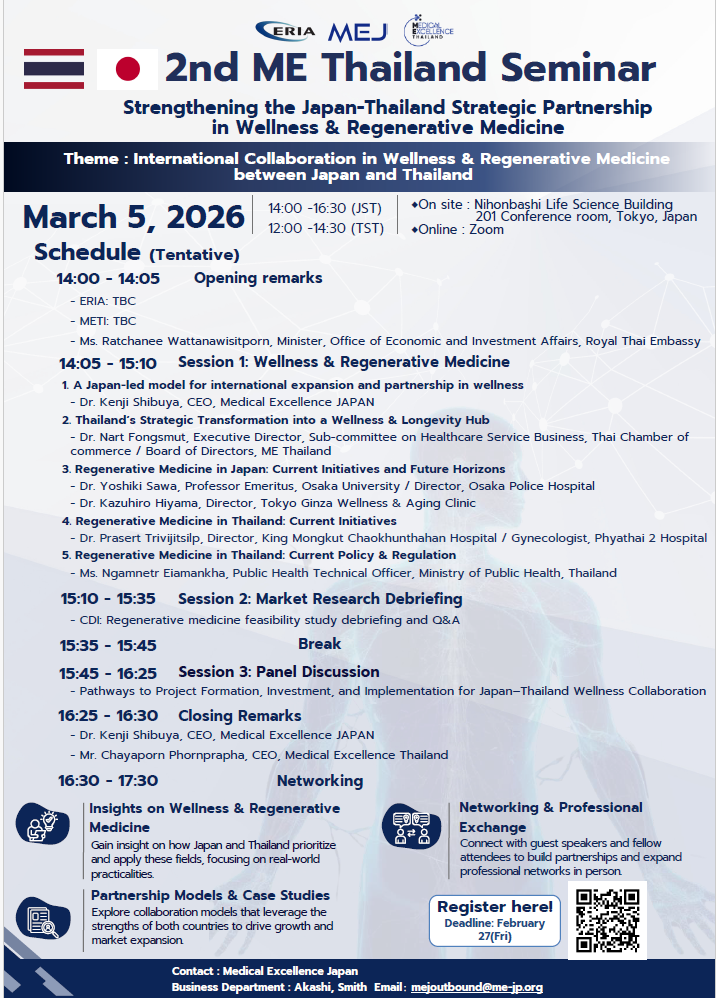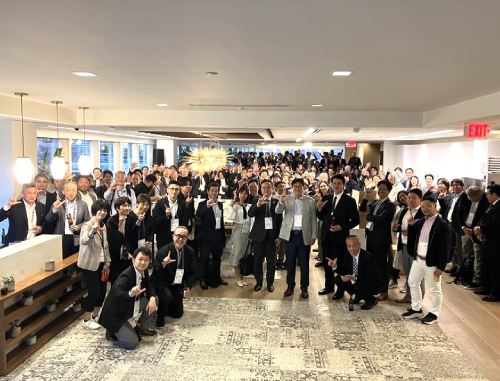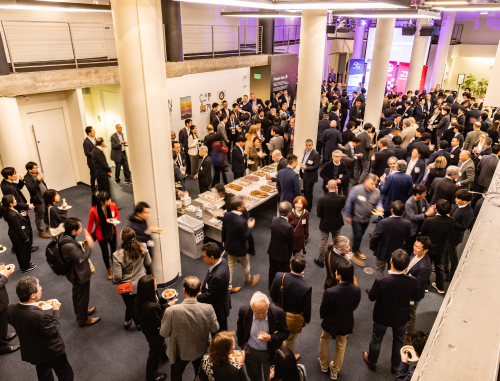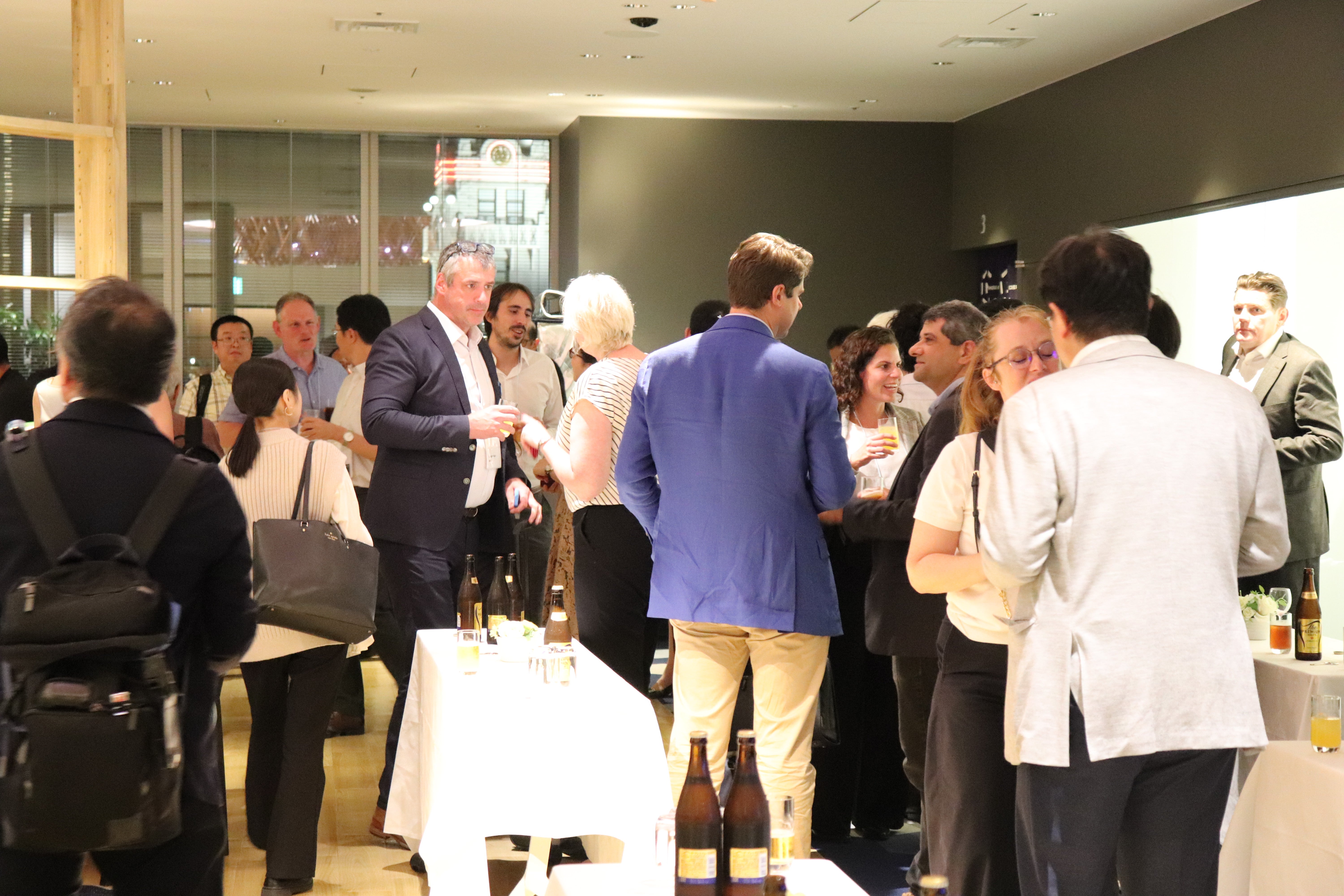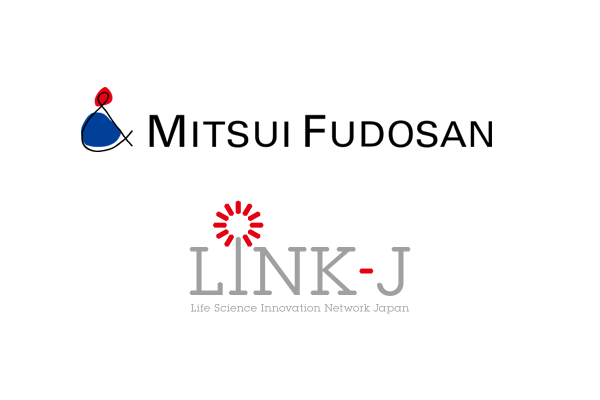UC San Diego has the ability to identify the virus through wastewater sampling and testing. We have expanded out wastewater monitoring program to 52 samplers across campus (as of mid-December) and will be ramping up to more than 100 samplers in the next few weeks. Currently, many of the samplers each cover multiple buildings; in the future, we aim to have each sampler cover a single building, to the extent possible.
The virus is shed from the gastrointestinal tract and is present in feces early in the infection. We are detecting the virus in the wastewater 3-5 days, on average, before we would detect it via our individual testing program. This enables us to detect positive individuals as early as possible, so they can get care, isolate themselves, and avoid infecting others.
Our experience to date has been that our test is extremely sensitive; a sampler covering several buildings housing a hundred or more people is capable of detecting a single individual shedding virus. This is an important component of our multi-layered strategy that has helped UC San Diego avoid large clusters of infection.
LINK-J is pleased to offer a timely special webinar on UC San Diego’s wastewater detection of SARS-CoV-2, inviting two researchers who are directly involved in the initiative. The UC San Diego presentations will be followed by a talk by Professor Hiroyuki Katayama who is promoting wastewater epidemiology studies of the virus in Japan.
Language: English
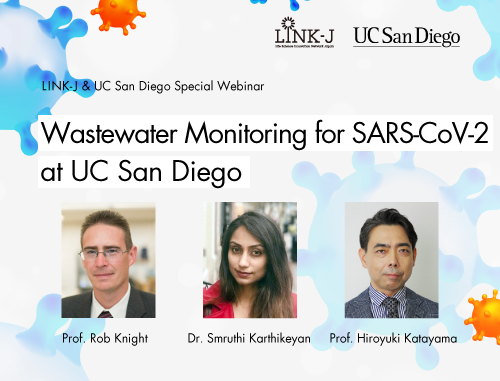
Date: Wed, Jan 6, 2021 4:00-5:00pm (PST)
(Opens an external site)
Registration Fee
Free
Click ”Registration” to open an external site, and click “GET TICKET” on the right bar to sign up for the webinar.
How to participate
This event will be broadcasted on Zoom webinar. Please make a registration through Peatix.
You can join the webinar from "Watch" in the Peatix page on the webinar day.
Program
(PDT)
4:00pm-4:05 Remarks - Aki Soyama, LINK-J and Miwako Waga, UC San Diego
4:05-4:35 Presentation - Prof. Rob Knight and Dr.Smruthi Karthikeyan “Tracking Covid-19 infection dynamics using high-throughput wastewater based surveillance”
4:35-4:55 Presentation - Prof. Hiroyuki Katayama
4:55-5:00 Final Q&A and Closing Remarks
Biography
Presenter
 Prof. Rob Knight, Professor of Computer Science and Engineering (CSE) & Pediatrics; Director of the Center for Microbiome Innovation, UC San Diego
Prof. Rob Knight, Professor of Computer Science and Engineering (CSE) & Pediatrics; Director of the Center for Microbiome Innovation, UC San Diego
Rob Knight is the founding Director of the Center for Microbiome Innovation and Professor of Pediatrics and Computer Science & Engineering at UC San Diego. Before that, he was Professor of Chemistry & Biochemistry and Computer Science in the BioFrontiers Institute of the University of Colorado at Boulder, and an HHMI Early Career Scientist. He is a Fellow of the American Association for the Advancement of Science and of the American Academy of Microbiology. He was recently honored with the 2019 NIH Director’s Pioneer Award for his microbiome research. He received the 2017 Massry Prize, often considered a predictor of the Nobel. In 2015 he received the Vilceck Prize in Creative Promise for the Life Sciences.
 Dr. Smruthi Karthikeyan, Postdoctoral Researcher, Knight Lab, Pediatrics, UC San Diego
Dr. Smruthi Karthikeyan, Postdoctoral Researcher, Knight Lab, Pediatrics, UC San Diego
Smruthi obtained her PhD in Environmental Engineering from Georgia Institute of Technology in Dec 2019, mainly specializing in environmental microbial genomics, working at the interface of microbial ecology, computational biology and engineering. As a part of her PhD thesis, Smruthi worked on developing integrated wet-lab and computational biology based approaches to model, predict and forecast ecosystem recovery patterns in benthic ecosystems affected by the 2010 Deepwater Horizon oil spill. Smruthi joined the Knight lab in March 2020 and is interested in using multi-omics approaches to provide a holistic view of environmental systems.
 Prof. Hiroyuki Katayama, Professor, School of Engineering, The University of Tokyo
Prof. Hiroyuki Katayama, Professor, School of Engineering, The University of Tokyo
March 1998: Graduate School of Engineering, the University of Tokyo Completed
April 1997: Research Fellow of the Japan Society for the Promotion of Science (COE)
April 1998: Assistant Professor, Department of Urban Engineering, Graduate School of Engineering, The University of Tokyo
January 2002: Lecturer, Department of Urban Engineering, Graduate School of Engineering, The University of Tokyo
April 1998: Assistant Professor, Department of Urban Engineering, Graduate School of Engineering, The University of Tokyo
January 2002: Lecturer, Department of Urban Engineering, Graduate School of Engineering, The University of Tokyo
August 2002: Lecturer, Department of Environmental Studies, Graduate School of Frontier Sciences, The University of Tokyo
April 2004: Lecturer, Department of Urban Engineering, Graduate School of Engineering, The University of Tokyo
October 2007: Associate Professor, Department of Urban Engineering, Graduate School of Engineering, The University of Tokyo
From September 2016 to August 2018, dispatched to Japan-Vietnam University
April 2019: Professor, Department of Urban Engineering, Graduate School of Engineering, The University of Tokyo and Water Environment Control Research Center (current position)
About The UC San Diego Center for Microbiome Innovation
The UC San Diego Center for Microbiome Innovation leverages the university’s strengths in clinical medicine, bioengineering, computer science, the biological and physical sciences, data sciences and more to coordinate and accelerate microbiome research. We also develop methods for manipulating microbiomes for the benefit of human and environmental health.
https://cmi.ucsd.edu/about-center
Participation Fee
無料(要事前登録)
Organizer
Contact
E-mail: contact@link-j.org
